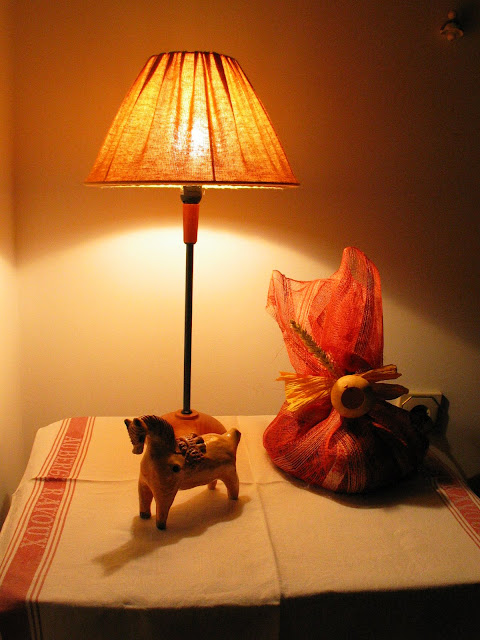
During my regular late afternoon routine, I turn for solace and comfort to my trusted Ikea couch (that we in a fit of surprising ingenuity and freshness named KlipKlap) for a brief hour or so of naptime. At times like this I like to immerse myself in the one source of information on the American culture that somehow grew on me too much to be severed after my return from the US seven years ago: the New Yorker magazine. The language, the intriguing stories, political commentary, cartoons, photos, and a liberal view of the world make it my favorite foreign magazine. I got inocculated by my roommate Elena in Cambridge, MA, and kept the subscription going all this time.
Today, I was reading Adam Gopnik's account of his experience with magic. "The Real Work: Modern Magic and the Meaning of Life". Gopnik interviews several most influential magicians and illusionists of our time, including David Copperfield, Jamy Swiss, Penn & Teller and David Blaine. In his text, he weaves a captivating story of their calling, their driving philosophy and the effects it has on their life and the world around them. He calls magic the exchange of empathy between the illusionist and his audience.
One of the most intriguing points in the story is the "Too Perfect" theory: if the magic effect is presented too smoothly, if it's too astounding, it will give itself away, because the only reasonable explanation is a rigged prop. If a magician lights a cigarette and then makes it pass through a coin, everybody will immediately suspect a coin with a trapdoor. Magic works best when it creates open-ended explanations; illusion affects us only when it is imperfect, incomplete.
Gopnik goes on to expand the notion to other, larger meanings. As in every "... empathetic interchange between minds, it is satisfying when it is 'dynamic', unfinished, unresolved. Friendships, flirtations, even love affairs depend, like magic tricks, on a constant exchange of incomplete but tantalizing information. ... The magician teaches us that romance lies in an unstable contest of minds that leaves us knowing it's a trick but not which one it is, and being impressed by the other person's ability to let the trickery go on. Frauds master our minds; magicians, like poets and lovers, engage them in a permanent maze of possibilities, to keep them from becoming schematized, to let them be imperfect, and the question between us is always 'Who's the magician?' When we say love is magic, we are telling a truth deeper and more ambiguous, than we know."
Is it all a trick? But more importantly, how does one keep the "dynamic, unstable contest of minds" in motion? For it is all too quickly that the once-red-hot-and-flaming infatuation turns to incessant bickering about who ate the last cookie or left the toilet seat up. Respect grows from the ability of the other person to impress us, and we do need illusions to provide the cushion from everyday drabness that permanently stalks us. But it is the possibilities that need to be open, and it is us who have the power to keep them this way.
If necessary, by magic.




